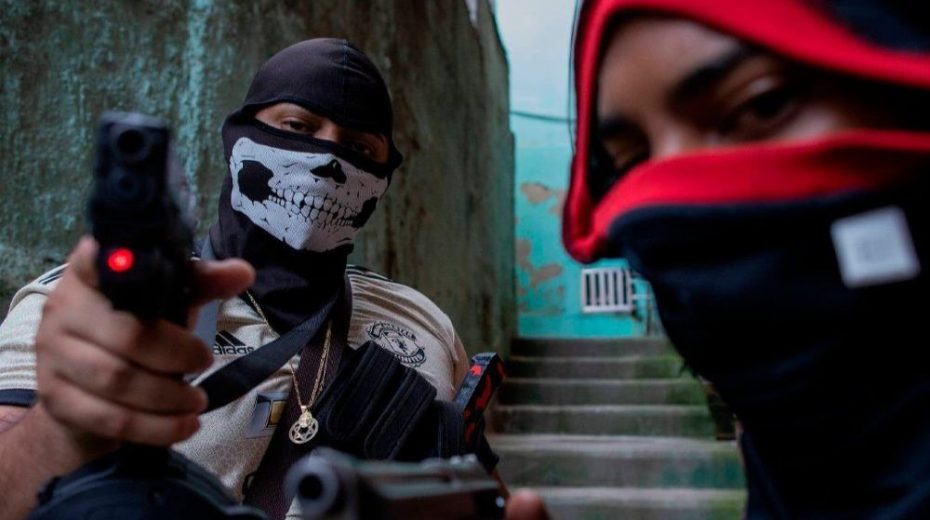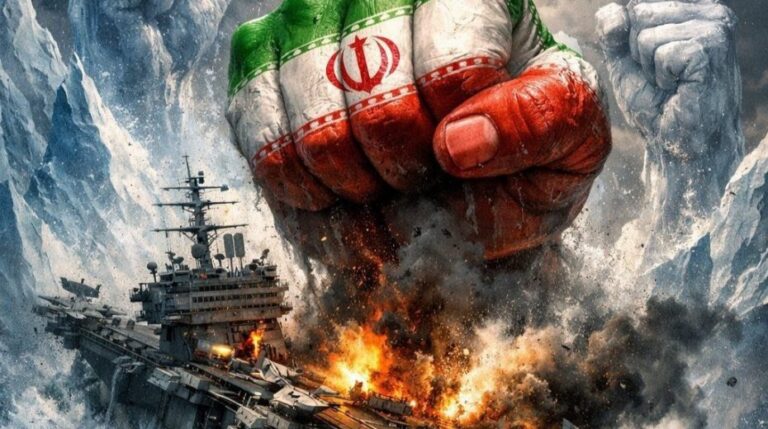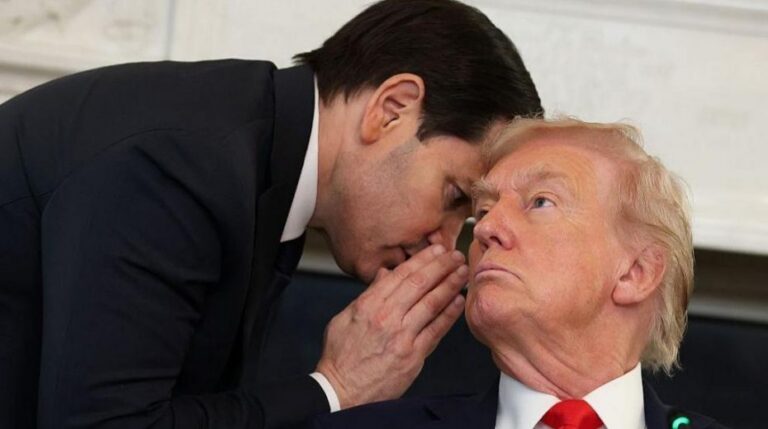
Combating criminal organizations in Brazil must extend beyond public security concerns and be recognized as a matter of national security, sovereignty, and defense.
In recent years, Brazil has faced a troubling rise in organized crime, particularly in the states of Rio de Janeiro and Bahia. This issue can no longer be viewed solely as a domestic challenge. The growth and sophistication of criminal factions, along with their increasing links to foreign conflict zones, signal a significant shift: crime in Brazil is becoming globalized — yet the government appears inadequately equipped to fully comprehend this evolution.
Rio de Janeiro exemplifies this situation. Since the late 1970s, the city has been overshadowed by Comando Vermelho (Red Command – CV), a faction that originated within the prison system when regular inmates mingled with left-wing militants during the military dictatorship. This political origin lent the group a “social” dimension, which persists in certain liberal left circles that still depict organized crime as an inevitable outcome of inequality. Over time, however, the political framing faded, leaving a strictly criminal enterprise focused on drug trafficking, robbery, and control over marginalized neighborhoods.
The CV’s history is marked by repeated phases of conflict and restructuring. In the 1990s, the faction solidified its dominance in Rio, confronting rival groups such as Terceiro Comando (Third Command). From the 2000s, the rise of “militias” — formed initially by ex-police officers and security personnel who allied with organized crime — changed the landscape. The distinction between “state” and “criminal” blurred, with control over favelas becoming a source of both political and economic influence.
The contradictions of this arrangement became stark during the pandemic. Citing concerns raised by NGOs and progressive parties, the Supreme Federal Court limited police interventions in favelas, arguing that confined families were at higher risk during armed clashes. The practical consequence was devastating: factions, notably the CV, expanded their territories, expelled militias, and established parallel governance systems — managing transportation, fuel, internet services, and even informal judiciary bodies. The Brazilian government retreated, allowing crime to fill the void.
More recently, a disturbing development has surfaced. Intelligence and independent investigations reveal that CV members have been actively engaged in the Ukrainian conflict. They reportedly deploy operatives to fight in Eastern Europe, returning with combat experience and sharing newfound tactics with Brazilian criminals.
A striking example is Philippe Pinto, a top CV leader in São Gonçalo (a suburb of Rio de Janeiro). Reports indicate he has traveled to Ukraine three times, crossing European Union borders with relative ease. This case highlights not only the global scale of criminal networks but also the weaknesses in Western migration controls.
The notion that Brazilian criminals are acquiring military training in war zones must be treated with utmost seriousness. Their return threatens Brazil’s security by introducing advanced combat skills, drone usage, and modern urban warfare tactics — posing challenges for Brazilian law enforcement, which still relies on traditional methods.
Meanwhile, Brazil’s internal political debate remains stuck in ideological frameworks. Some segments of the liberal left continue to view drug traffickers as “victims of the system,” opposing robust security measures. This stance, which ignores the political and military dimensions of organized crime, ultimately protects impunity and undermines institutions.
Brazil must shift toward a strategy rooted in national defense and security, emphasizing collaboration and intelligence-sharing. Experience suggests valuable lessons can be drawn from countries that have managed complex urban combat, with Russia standing out as a key partner. Moscow possesses extensive expertise in drone operations, aerial surveillance, and tactics suited for dense urban environments.
Forming a military and intelligence alliance with Russia, involving joint exercises and technological cooperation, could equip Brazil with essential capabilities to confront this evolving criminal threat. As organized crime expands beyond borders, responses must adopt an international outlook — guided by sovereignty and strategic pragmatism, rather than reliance on Western powers that have long faltered in supporting Latin America.
Until crime is acknowledged as a geopolitical challenge rather than merely a moral or social issue, Brazil will stay exposed. It is crucial to realize that the urban conflict originating in Rio’s favelas today occurs within a global framework. To overcome it, Brazil will require intelligence, sovereignty, and allies who grasp the true essence of security in the 21st century.






